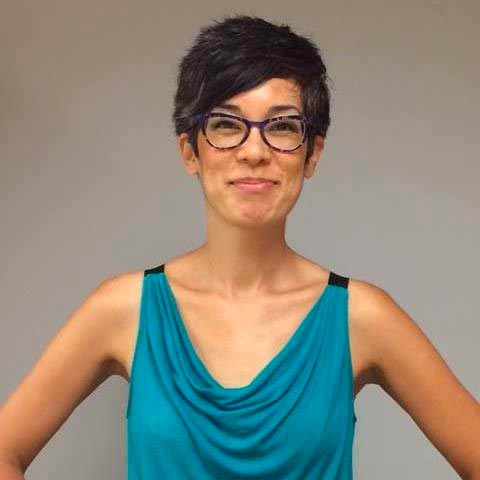 In this grantee profile, WestWind interviews Christine Harley. Christine Soyong Harley initially came to SIECUS as an interim executive in October 2018 before joining the team permanently in the Spring of 2019. Chris joins SIECUS with a robust background in public policy, advocacy, program management, and strategic thought leadership, with an emphasis on increasing civic engagement in immigrant communities, communities of color, and other underserved groups. In this interview, Christine shares her goals for the SIECUS as an organization and the sex education field.
In this grantee profile, WestWind interviews Christine Harley. Christine Soyong Harley initially came to SIECUS as an interim executive in October 2018 before joining the team permanently in the Spring of 2019. Chris joins SIECUS with a robust background in public policy, advocacy, program management, and strategic thought leadership, with an emphasis on increasing civic engagement in immigrant communities, communities of color, and other underserved groups. In this interview, Christine shares her goals for the SIECUS as an organization and the sex education field.
WWF: SIECUS recently created Sex Education Policy Action Council (SEPAC) to ensure an effective public policy advocacy strategy. Will you explain this cohort and how it will help advance the sex education field?
SIECUS was concerned that sex educators were being forced to work in isolation to advance sex education programs in their own communities. When we launched a technical assistance program to support sex education advocates, we didn’t realize the outpouring of need for policy support that we would receive in just a few short years. At the same time, it’s clear that we need strong policy voices on the importance of comprehensive sex education working collectively at the local, state, and federal levels.
SIECUS envisioned a network of sex education advocates who would work collectively to help shape a common narrative to advance comprehensive sex education policy, engage with policymakers seeking to advance and pass sex education legislation, educate congressional members on the need for comprehensive sex education, and create a model for expanding comprehensive sex education policy across the country.
So, in June 2019, SIECUS launched the Sex Education Policy Action Council to convene organizations, statewide coalitions, state agencies, and school districts across 24 states to advance sex education in their communities and states. In its first year, SEPAC members learned invaluable advocacy skills, received federal policy and legislative updates, networked with colleague organizations from around the nation, and fostered a close working relationship with SIECUS. Our role has been to act as a resource for providing assistance related to advocacy efforts, issue campaigns, and policy strategies to members. SEPAC members have already advocated for comprehensive sexuality education programs on Capitol Hill, gaining the field key congressional support. In the past year, we have seen the Real Education for Healthy Youth Act gain 15 new congressional co-sponsors while the Youth Access to Sexual Health Services Act added 5 co-sponsors. We’ve also seen progressive sex education policies advance in 13 states, including the successful passage of legislation in 3 states.
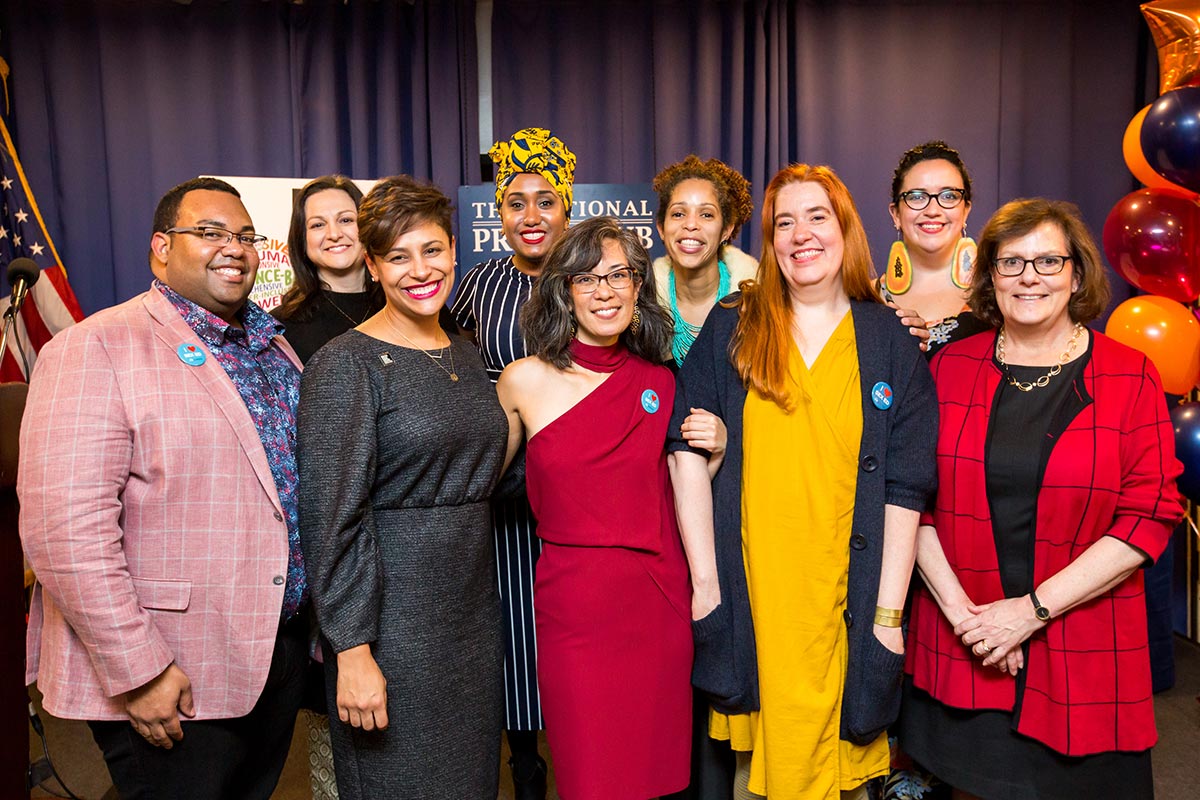
WWF: SIECUS recently announced a rebrand from the Sexuality Information and Education Council of the United States to SIECUS: Sex Ed for Social Change. What prompted this change and how will it impact your work?
For 55 years, SIECUS has maintained that sex education is necessary for providing young people with the information they need to ensure their own lifelong sexual health and well-being. But as I mentioned, when I joined SIECUS, the organization was going through a transition and interested in incorporating an intersectional policy lens focused on the needs of historically underserved young people. At the same time, the #MeToo movement was at its height during the Kavanaugh confirmation debacle. We felt that the old SIECUS brand didn’t allow us to share a more collective vision with our social movement peers about how our struggles are so deeply intertwined—especially in today’s current political climate.
So SIECUS rebranded to tell a different story and invite deeper collaborations with existing and future partners working to advance sexual and reproductive health, rights, and justice. In doing so, we are better positioned to center solutions that address the complexity of young people’s lives and the world in which we all live. We believe that sex education sits at the nexus of many social justice movements—from racial justice and LGBTQ rights to the #MeToo movement and urgent conversations around consent and healthy relationships. Our rebrand is also a promise: it’s a constant reminder that when we talk about sex education, we are actually talking about a vehicle for social change.
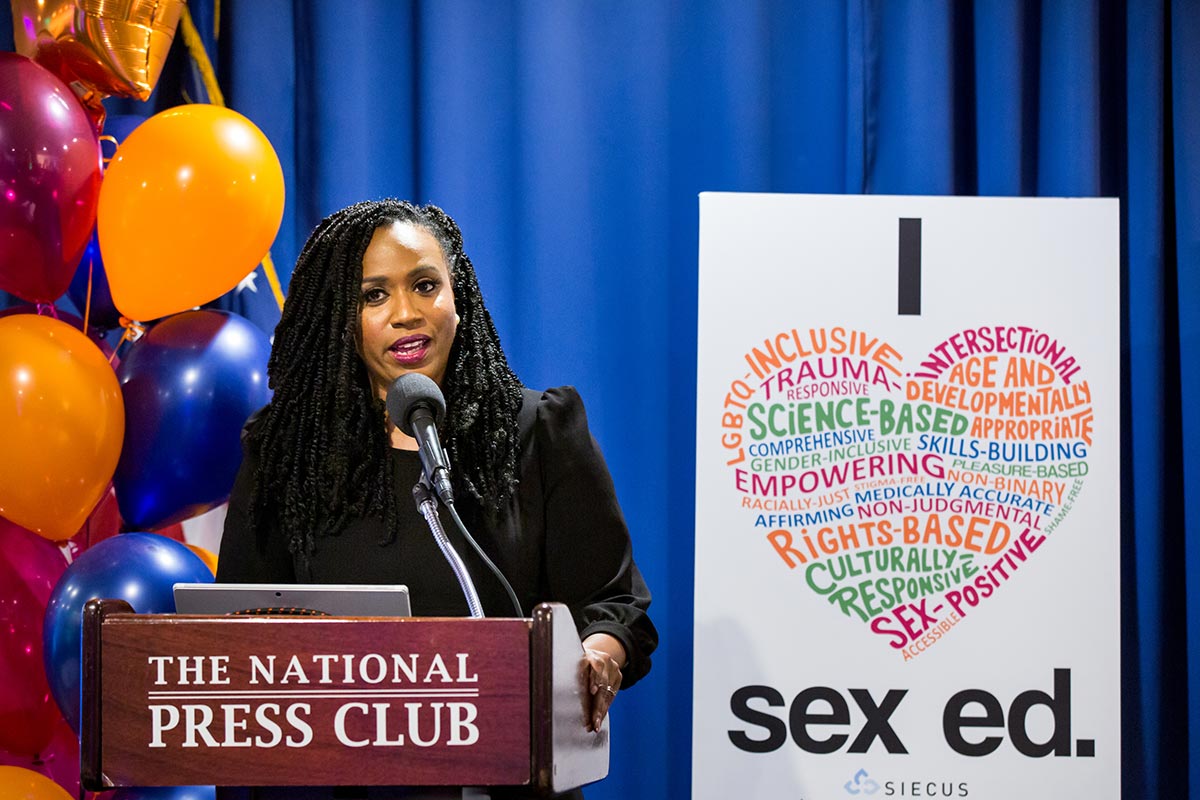
WWF: Every year your team releases the State Profiles, this is an incredibly useful tool for advocates in the field. How do you recommend advocates use this tool?
I’m actually very excited about the recently released SIECUS State Profiles, which we updated and modernized. The SIECUS State Profiles provides an in-depth overview of the state of sex education in all 50 states, the District of Columbia, Puerto Rico, and the outer United States territories and associated states. It also incorporates the Centers for Disease Control and Prevention’s School Health Profiles data to help paint a comprehensive picture of what sexual health education topics are, or are not, being taught to young people in the classroom.
This year, the profiles were updated to create a more user-friendly and in-depth tool for advocates, educators, policymakers, health care providers, parents, and youth working to advance sex education in their communities and states. This new format not only includes an overview of each state’s current sex education laws, policies, guidelines, and newly introduced legislation – they also include an on-the-ground perspectives from advocates who had recently taken to advance or defend sex education in their communities. Moreover, our new SIECUS State Profiles is a living resource. We update the profiles regularly, allowing advocates to access real-time information on the state of sex education.
We’re already seeing the benefits of these updates. The SIECUS State Profiles has now been incorporated into a new sex education story map project that allows advocates to connect the dots between key sexual health indicators and sex education mandates in their states.
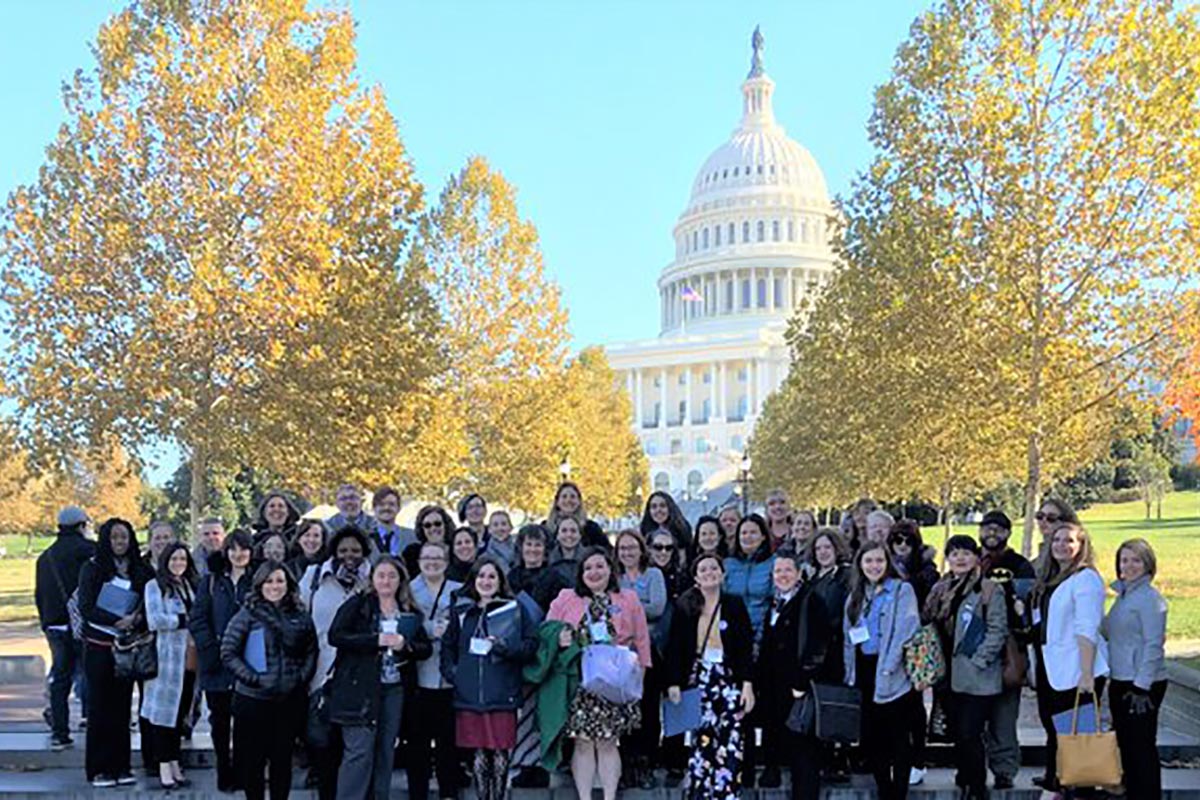
WWF: What is the biggest challenge that SIECUS currently faces?
Unfortunately, the coronavirus pandemic has been terribly harmful to the nonprofit field, including SIECUS. SIECUS rebranded in November 2019, and almost immediately began to see an increase in interest from funders, donors, and partners, to support and advance our policy work and efforts to center the lived experiences of young people of color, LGBTQ youth, and other diverse youth. The pandemic really dampened that upswing of interest and optimism as the country began to practice social distancing. Meanwhile, our work hasn’t slowed and we continue to work with multiple states to develop and implement strategies and action plans to advance positive sex education programs and policies. We need to be able to share new information and resources in an increasingly digital world, and to make sure that we are clearly centering the voices of Black and other youth of color, LGBTQ youth, and other underserved youth voices to ensure that the pandemic doesn’t upend our progress. But it’s an uphill battle in a time when everyone is struggling to stay healthy, fight for the future of our democracy, and advance a culture shift that values Black lives and embraces the broader diversity of our country.
WWF: Looking to the future, what hopes do you have for the organization?
I am an optimist at heart. I believe in the goodness of people and the eternal march of history towards justice. So when I look at this pandemic, and the ways that we have changed our behavior to maintain our humanity, and when I look at the Black Lives Matter protests that have propelled our country to grapple with the deeply rooted injustices imbedded in our systems of policing, I am so buoyed by the power, faith, and commitment that many have towards creating a more just and fair society. And I deeply believe that sex education has an intricate role to play in the social change that we want to see.
So I hope that as we emerge from this moment, SIECUS will be a stronger voice and ally speaking to the changes needed to improve our society – of a commitment to advancing bodily autonomy, preventing sexual violence, of addressing racial injustice, of supporting LGBTQ inclusion and rights. That we are teaching our young people to respect, value, and affirm their own and each other’s’ identities, and in a world that recognizes the importance of medically accurate, developmentally appropriate, and positive sexuality health, information, and services to enable each of us to manage our own sexual and reproductive freedom.
And I hope to see SIECUS leading the policy fights, advancing the evidence to support the importance of comprehensive sex education, and continuing to build a nationwide movement of advocates and partners fighting for sexual and reproductive freedom.

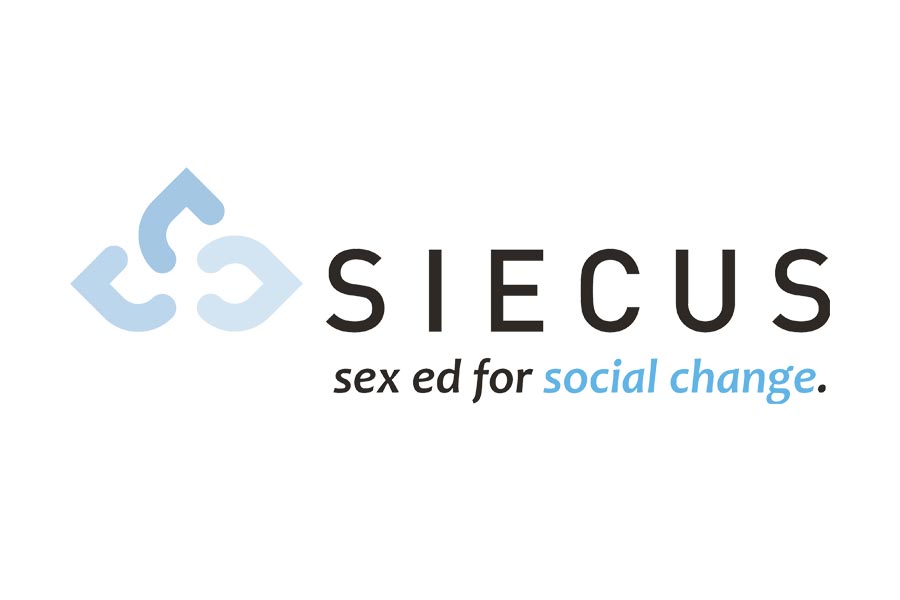
Recent Comments